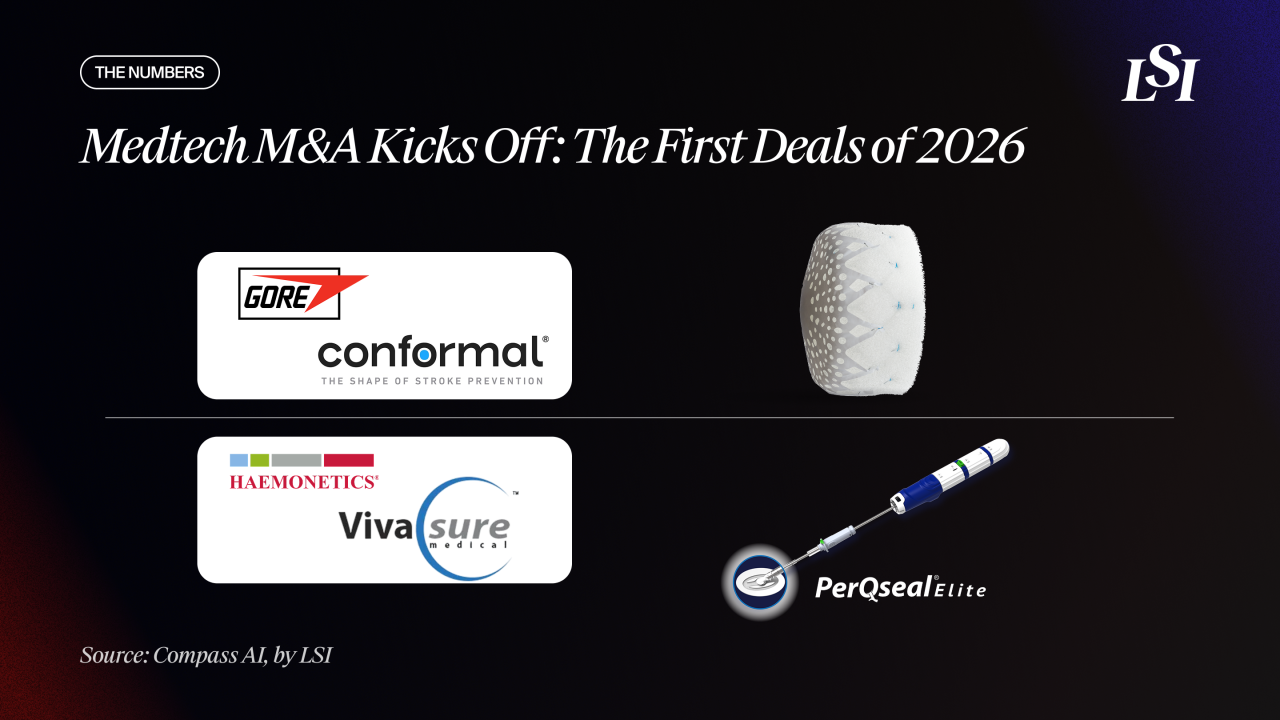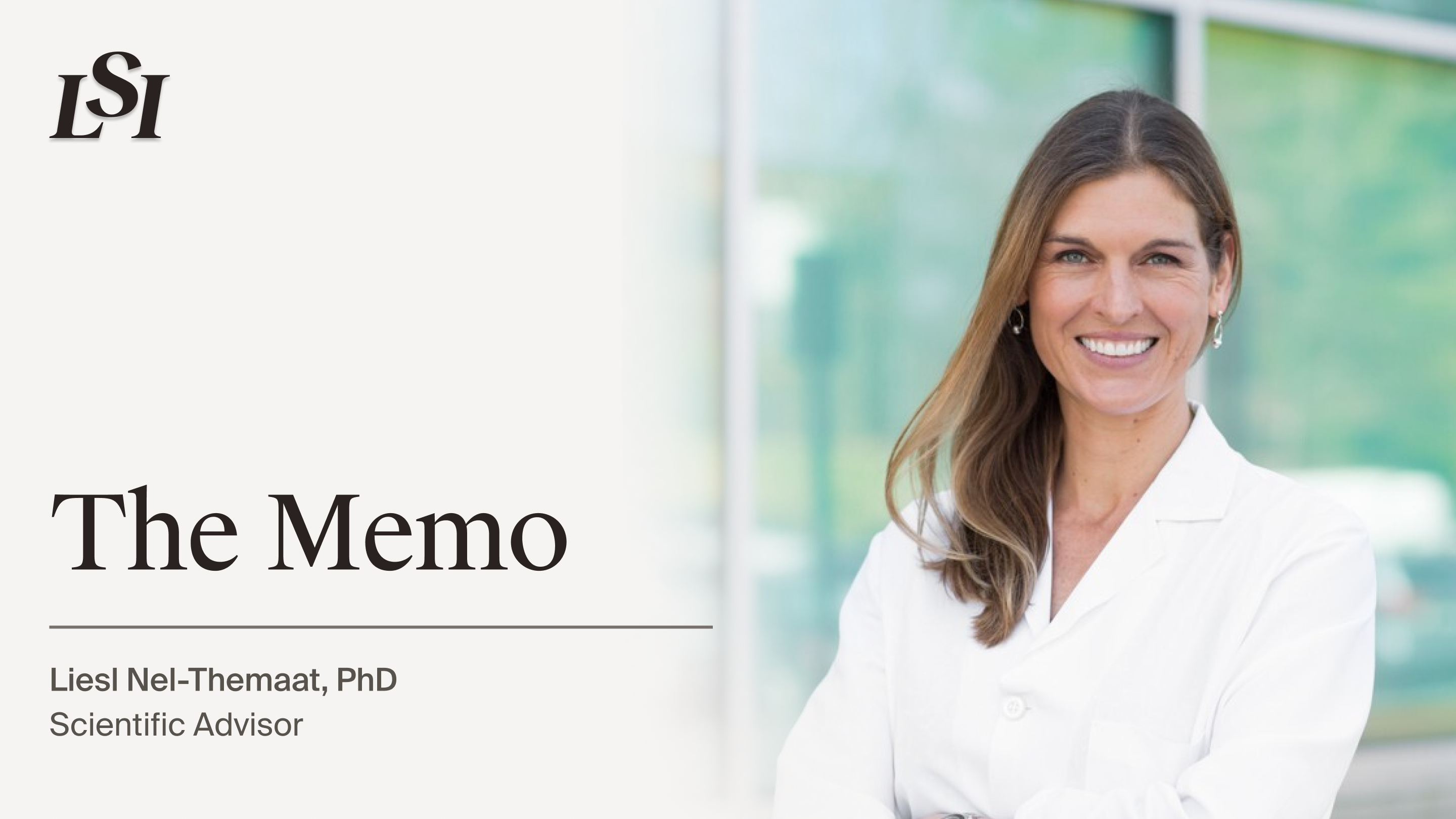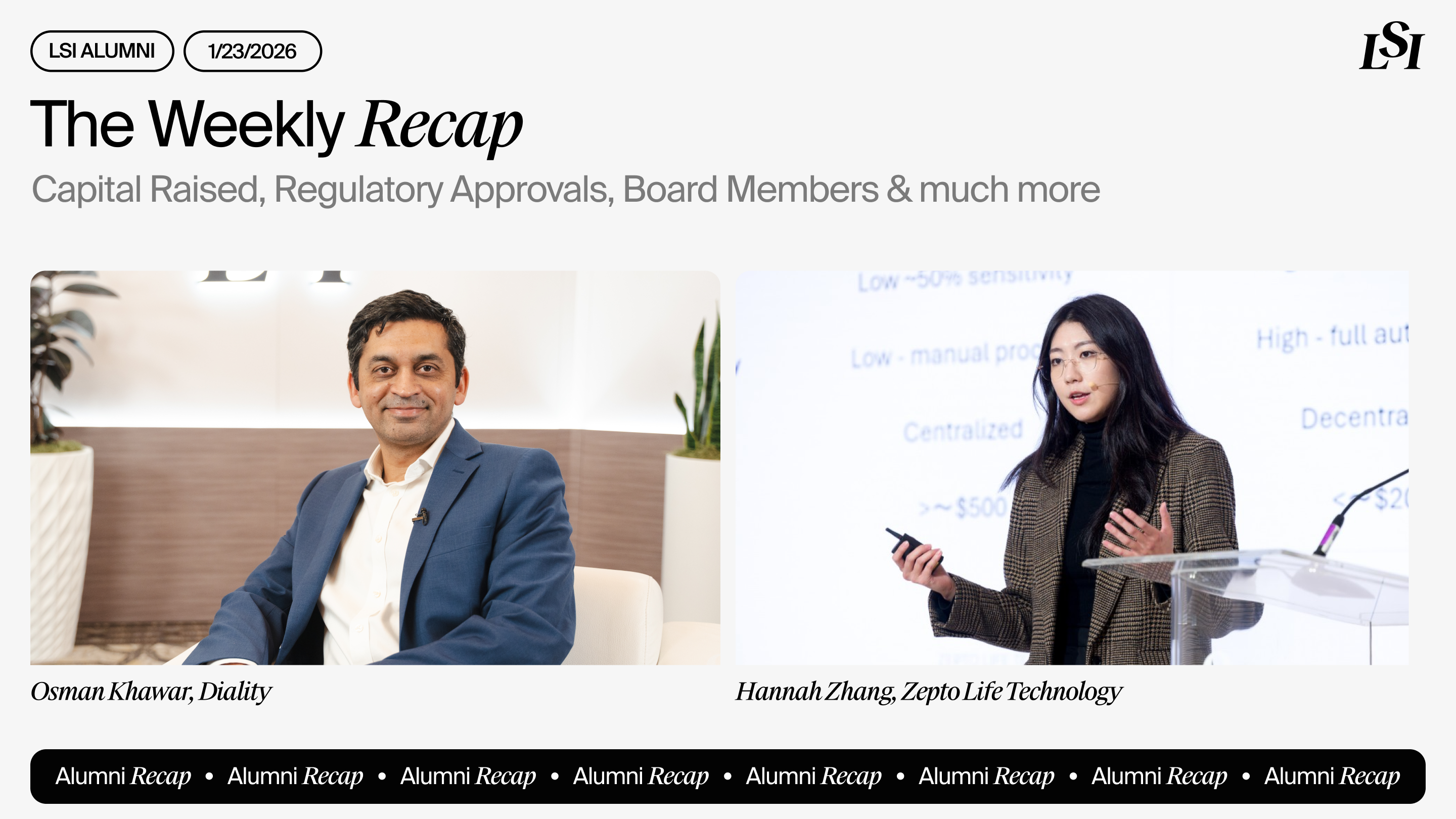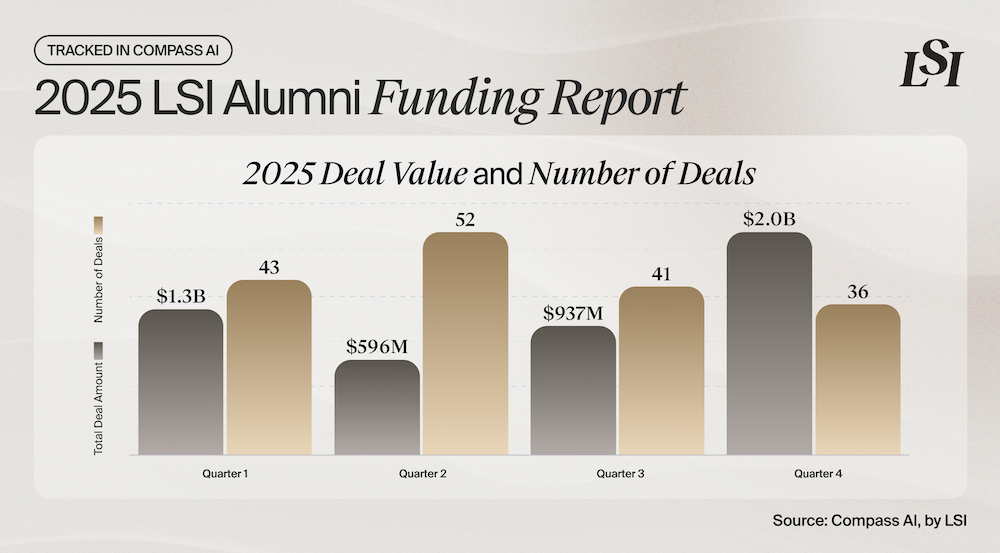
Tendonplus Medical is on a mission to tackle one of orthopedic surgery’s most stubborn challenges: high re-tear rates of up to 60% in rotator cuff repair. By developing an implant that biomechanically reinforces the suture-tendon interface, the company is setting a new benchmark for durability and surgical confidence—especially in patients with poor tendon quality.
Led by CEO Ryan Kua and supported by a multidisciplinary team of engineers, surgeons, and scientific advisors, the Singapore-based startup is building a next-generation bioabsorbable implant that’s intuitive to use and seamlessly integrates into existing arthroscopic workflows.
Origin Story
The idea behind Tendonplus was conceived inside Khoo Teck Puat Hospital (KTPH), a leading public institution in Singapore, where Dr. James Tan Chung Hui previously served as Head of the Orthopedic Department. Confronted repeatedly with tendon re-tears and soft-tissue failures in rotator cuff repairs, Dr. James identified a critical need: a device that could reinforce the suture-tendon interface without increasing surgical complexity.
Together with Ryan Kua, the founding CEO with deep experience in device innovation, the pair began translating this clinical insight into a biomechanical solution. What followed was the development of Tenogarde, an implant designed to redistribute suture load and prevent “cheese-wiring,” where sutures cut through fragile tendon tissue, creating a failure mode leading to high re-tear rates.
The company was supported by Trendlines Medical Singapore with initial investments and hands-on incubation along with early government grants. Combining Dr. James’ clinical insight with Ryan’s product leadership and commercialization strategy, the company advanced its product development and achieved significant preclinical milestones to date. Demonstrating his full commitment to the mission, Ryan also invested his own capital into the company to help drive the innovation forward.
The Current Landscape
Rotator cuff repair is performed in over 500,000 procedures annually in the United States, with global volumes growing as musculoskeletal conditions rise in aging populations. Yet, failure rates remain high—particularly in patients with poor tendon quality or revision cases.
Most current innovations focus on biological patches, complex suture constructs, or new anchor configurations. These often significantly increase cost, extend procedure time, or are difficult to standardize across surgical teams.
Inside the Innovation
Tenogarde is a tendon-support implant designed to reduce peak suture load and reinforce tissue during rotator cuff repair. It integrates seamlessly with arthroscopic procedures and is compatible with both single-row and double-row techniques.
- Load Redistribution: The implant’s sharp, downward-facing arms anchor into the tendon, transferring tensile stress from the suture directly into the implant. This reduces the risk of “cheese-wiring,” preserving tendon integrity even in thin or degenerative tissue, as demonstrated in the studies conducted by the company in animal and cadaveric models.
- Minimally Invasive Applicator: A custom-designed applicator enables simple, accurate placement of the implant through standard arthroscopic portals, ensuring efficient deployment of the implant and ease of adoption by physicians without disrupting existing clinical workflows.
The next-generation version of the implant, made from bioabsorbable magnesium, delivers the same mechanical support aforesaid and gradually resorbs in vivo, eliminating long-term foreign body concerns and supporting biological healing, the panacea to resolving the current challenge backed by the early results of Tenogarde.
Progress and Milestones
Tendonplus has achieved several major development milestones:
- Successfully completed multiple cadaveric trials demonstrating intraoperative usability and conducted bench testing showing up to a 2x increase in load capacity at the suture-tendon interface.
- Completed three animal evaluations demonstrating secure implant fixation after the implantation period and is initiating a second study to further validate Generation 2 Bio-absorbable biocompatibility and in vivo safety.
- Two patent families filed, now in the National Phase across the U.S., China, Europe, and Singapore.
- Awarded the Johnson & Johnson QuickFire Challenge, recognizing breakthrough potential in surgical innovation.
- Financially and backed and incubated by Trendlines Medical Singapore with grant support from Enterprise Singapore and clinically supported by physicians from the National Healthcare Group (NHG), the parent company of KTPH.
The company is preparing for 510(k) submission in the U.S. and China regulatory filing thereafter. Animal studies and mechanical testing are currently underway, with clinical trials for the generation 2 implant on the horizon.
Market Insights
Orthopedic surgeons are seeking solutions that improve healing without increasing surgical complexity. The unmet need is particularly acute in elderly patients or those undergoing revision procedures. Tendonplus provides an elegant, cost-effective mechanical solution that helps solve this challenge—without the steep learning curve of more invasive alternatives.
Importantly, Tendonplus’ applicator system is designed to be cost-effective and compatible with existing arthroscopic workflows, setting it apart from high-priced competitive solutions that require specialized platforms.
The commercial landscape further emphasizes the significance of this clinical need. In the past eight years, four startups focused on rotator cuff repair—Rotation Medical, OrthoSpace, Embody, and Biorez—have each been acquired in deals valued above $200 million. These exits reflect strong strategic interests from global orthopedic players in technologies that treat rotator cuff tears and improve shoulder healing.
Tendonplus is entering this market at a critical inflection point—offering a differentiated, load-sharing implant that reinforces the tendon at its weakest point without adding to the standard surgical workflows. In addition, Tenogarde is also designed to be compatible with grafts or patches, providing surgeons with a versatile reinforcement strategy for the most challenging repairs.
With strong interest from U.S. and China-based surgeons, the company is now raising a $3 million Series A to complete product development, preclinical testing, initiate regulatory submission, and eventual market entry.
Join Us at LSI Asia ‘25
Kua has been selected to present at LSI Asia ’25 (June 10–13) in front of hundreds of global medical technology companies. As a Singapore-based founder bringing forward a homegrown innovation with global potential, Kua will share the latest updates on Tendonplus Medical’s Tenogarde implant and development roadmap. Join us in welcoming him to the stage in Singapore.

Schedule an exploratory call
Request Info17011 Beach Blvd, Suite 500 Huntington Beach, CA 92647
714-847-3540© 2026 Life Science Intelligence, Inc., All Rights Reserved. | Privacy Policy










